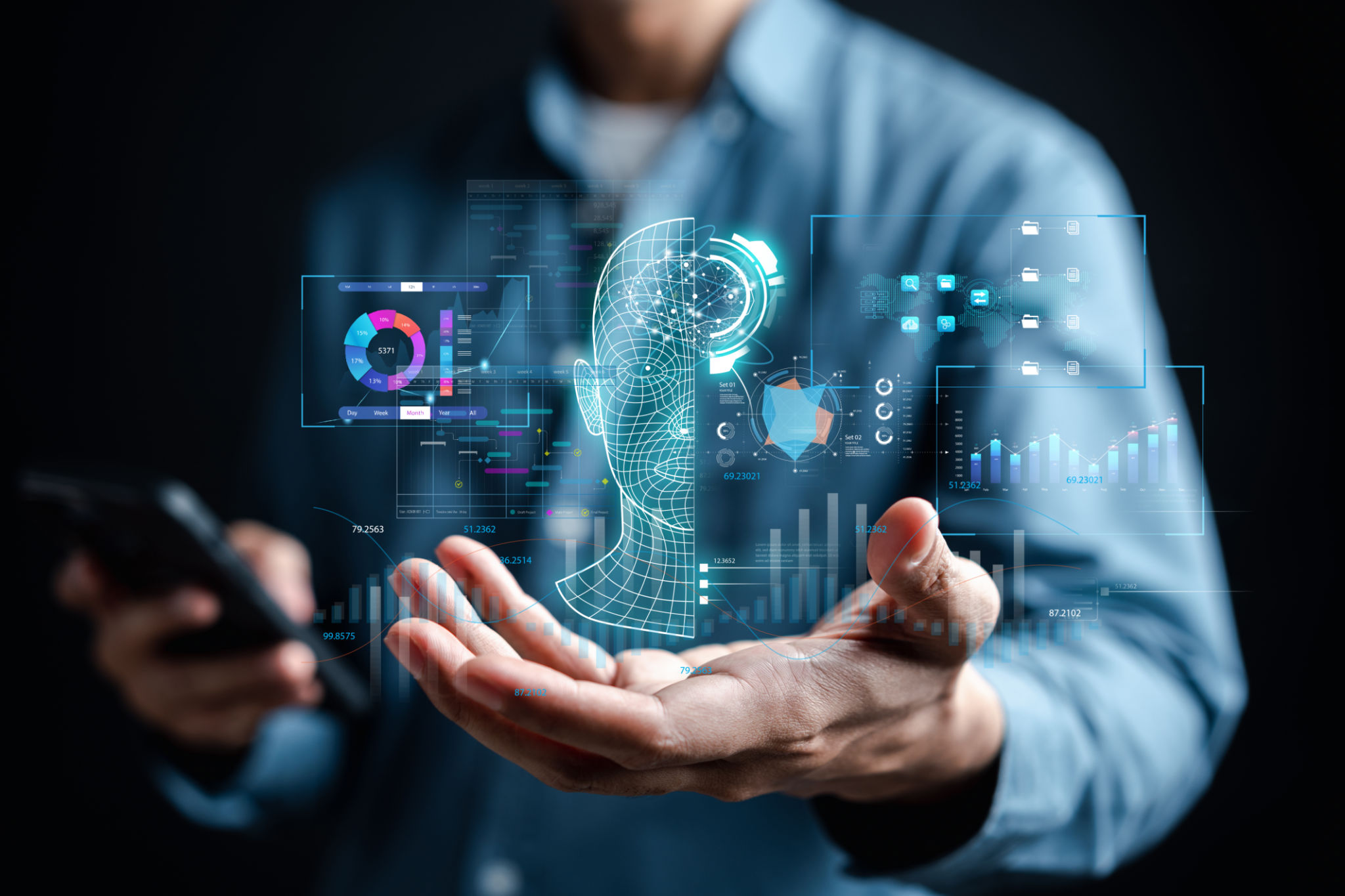Demystifying AI Automation: Common Misconceptions and Realities
Understanding AI Automation
Artificial Intelligence (AI) automation is rapidly transforming industries across the globe. However, despite its growing prevalence, many misconceptions persist about what AI automation truly entails. Understanding the realities of AI can empower businesses to leverage its full potential.
One common myth is that AI will replace all human jobs. While AI can automate repetitive tasks, it is more accurate to say that AI will change the nature of work rather than eliminate it altogether. By taking over mundane tasks, AI allows human workers to focus on more complex and creative responsibilities.

AI and Job Displacement
Concerns about job displacement are prevalent, yet studies suggest that AI is likely to create new job opportunities rather than just displace existing ones. By streamlining operations and increasing efficiency, AI can drive economic growth, leading to the creation of new roles that require human oversight and creativity.
Industries such as healthcare, finance, and manufacturing have seen AI enhance productivity without substantially reducing the human workforce. In fact, AI often works alongside humans, augmenting their capabilities and allowing them to tackle tasks with greater precision and speed.

The Reality of AI Decision-Making
Another misconception is that AI can make decisions independently without any human input. In reality, AI operates within predefined parameters set by human programmers. It analyzes data and provides insights, but it is ultimately up to humans to make informed decisions based on those insights.
AI excels at processing large volumes of data quickly, identifying patterns, and making predictions. However, it lacks the nuanced understanding and ethical considerations that human decision-making involves. This underscores the importance of maintaining human oversight in AI-driven processes.

AI’s Role in Enhancing Human Capabilities
Rather than replacing human intelligence, AI enhances it. By automating routine tasks, AI frees up human resources for strategic planning and innovation. This collaboration between AI and humans is crucial for achieving breakthroughs in various fields.
For instance, in medical research, AI can analyze large datasets to identify potential treatment options faster than a human could alone. However, the interpretation of these findings still requires a human touch to ensure accuracy and applicability in real-world scenarios.

Understanding AI Limitations
AI is a powerful tool, but it is not without limitations. One of the main challenges is ensuring data quality. Poor or biased data can lead to incorrect predictions and flawed outcomes. Therefore, continuous monitoring and updating of AI systems are essential to maintain their effectiveness.
Moreover, AI lacks emotional intelligence—a critical component in many decision-making processes. While it can analyze data objectively, it cannot understand the emotional nuances that influence human behavior. This limitation highlights the importance of integrating human judgment with AI capabilities.

The Future of AI in Business
The future of AI in business holds immense potential. As technology advances, AI will continue to evolve, offering new solutions to complex problems. Companies that embrace AI as a tool for innovation are likely to stay ahead in the competitive landscape.
By understanding both the misconceptions and realities of AI automation, businesses can make informed decisions about integrating AI into their operations. This strategic approach will enable them to harness the full power of AI while mitigating potential risks.
